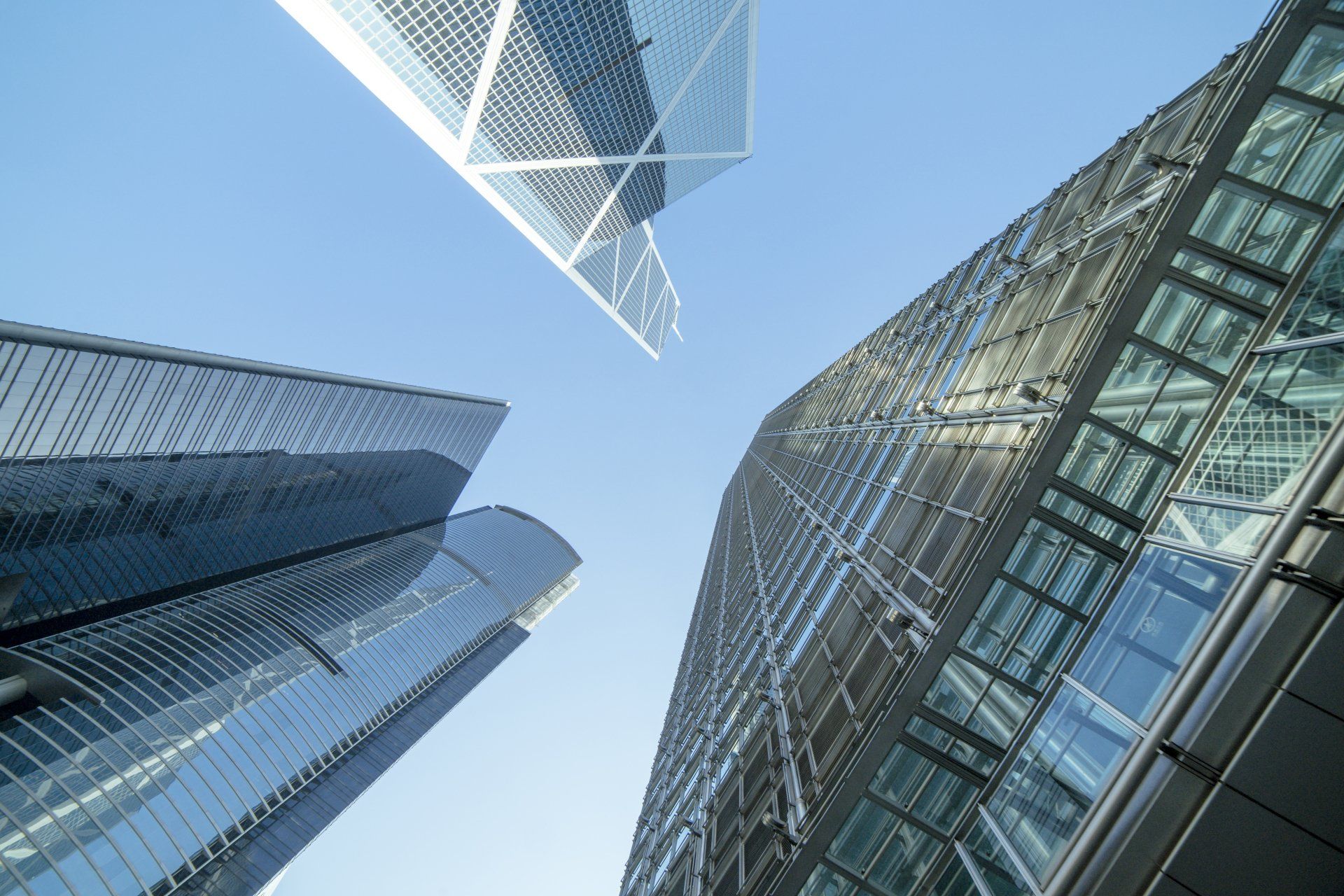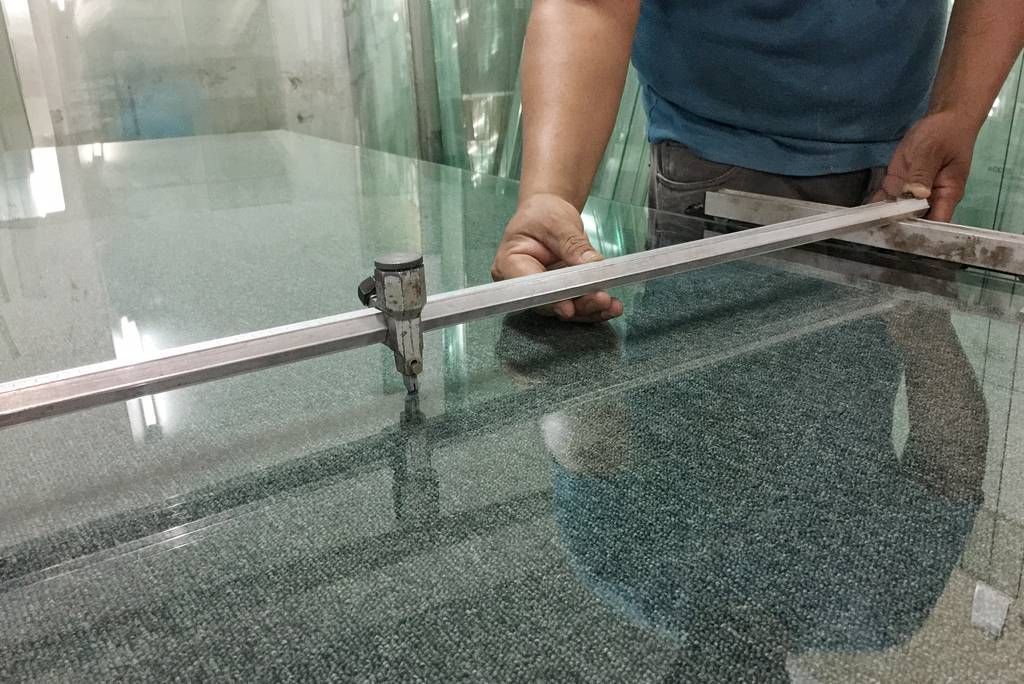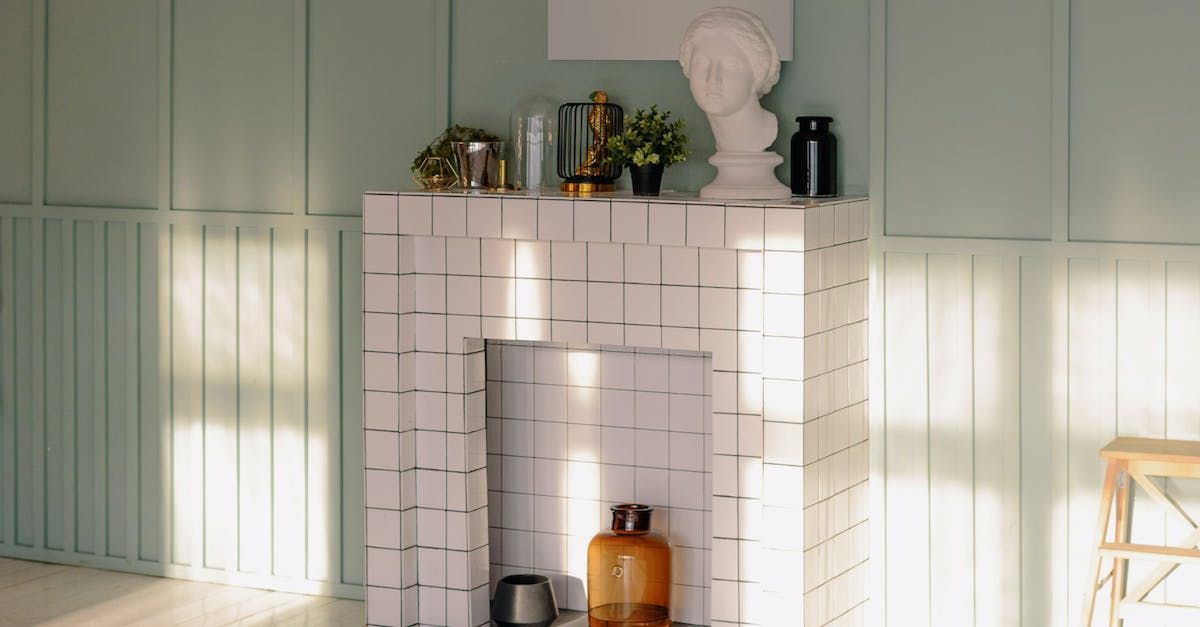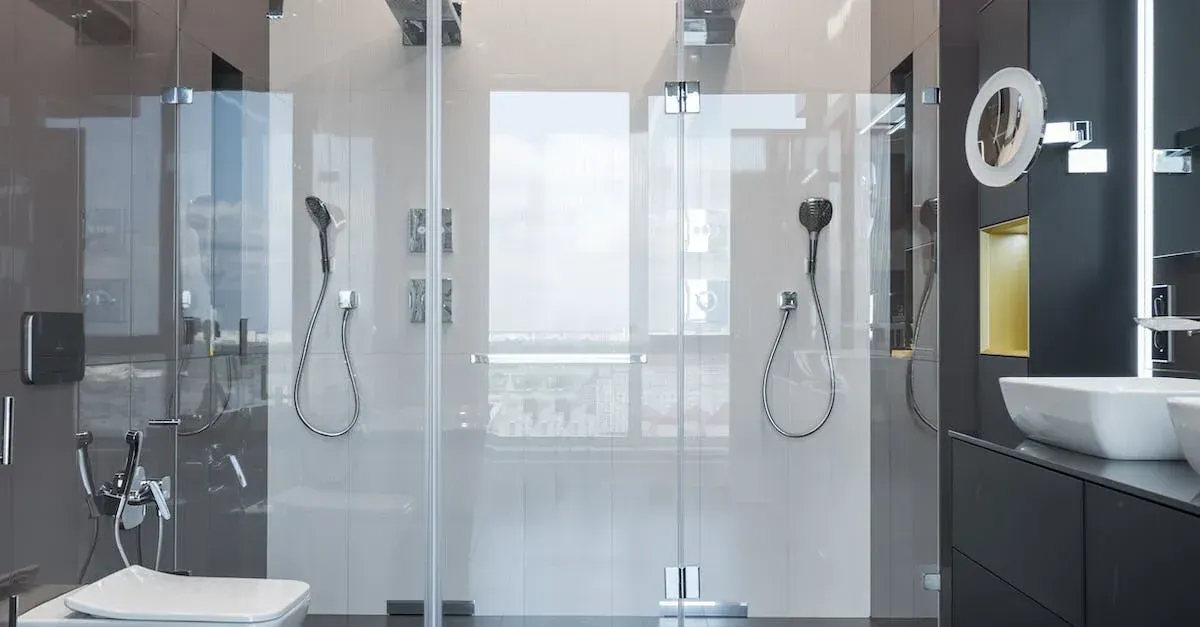Choosing the Right Glass for Your Commercial Building: A Comprehensive Guide for Property Managers

Keep your home in top shape with regular maintenance and professional care. A small leak can grow into a major problem if you don't take care of it quickly.
Section 1: Understanding the Importance of Choosing the Right Glass
The Role of Glass in Commercial Buildings
Glass plays a crucial role in commercial buildings, serving both functional and aesthetic purposes. It allows natural light to enter the space, enhances views, and creates a visually appealing façade. Additionally, modern glazing technologies offer improved energy efficiency, sound insulation, and safety features. By selecting the right glass, property managers can optimize the performance and appearance of their buildings.
The Impact of Glass on Energy Efficiency
Energy efficiency is a top priority for commercial buildings, as it can significantly impact operating costs and environmental sustainability. The type of glass used in a building can affect its energy performance by influencing heat gain and loss, solar heat transmission, and insulation properties. By choosing energy-efficient glass, property managers can reduce heating and cooling expenses and create a comfortable indoor environment.
Safety and Security Considerations
Safety and security are critical considerations when selecting glass for commercial buildings. Depending on the building's location and function, property managers may need to prioritize features such as impact resistance, fire resistance, and blast resistance. Additionally, glass with enhanced security features, such as laminated or tempered glass, can deter potential intruders and protect occupants in case of accidents or emergencies.
Aesthetics and Design Flexibility
The aesthetic appeal of a commercial building is often a key factor in attracting tenants and creating a positive impression. Glass offers design flexibility and can be customized to achieve various architectural styles and visual effects. Whether the goal is to create a sleek and modern façade or to incorporate unique patterns and textures, property managers can choose from a wide range of glass options to achieve their desired aesthetic vision.
Section 2: Types of Glass for Commercial Buildings
Float Glass
Float glass is one of the most common types of glass used in commercial buildings. It is manufactured by floating molten glass on a bed of molten tin, resulting in a smooth and flat surface. Float glass can be further processed and treated to enhance its properties, such as increasing its strength or improving its energy efficiency. It is a versatile option suitable for various commercial applications.
Low-E Glass
Low-emissivity (Low-E) glass is designed to minimize heat transfer through windows while allowing natural light to enter. It has a microscopically thin coating that reflects heat back to its source, reducing energy loss during colder months and heat gain during warmer months. Low-E glass can significantly improve a building's energy efficiency and reduce reliance on heating and cooling systems.
Insulated Glass Units (IGUs)
Insulated Glass Units (IGUs) consist of multiple glass panes separated by an insulating spacer. The space between the glass panes is filled with air or gas to enhance insulation and improve soundproofing properties. IGUs offer excellent energy efficiency, reduce condensation, and provide enhanced comfort for building occupants. They are commonly used in commercial buildings where thermal insulation is a priority.
Safety Glass
Safety glass is designed to minimize the risk of injury in case of breakage. There are two main types of safety glass: tempered glass and laminated glass. Tempered glass is heat-treated to increase its strength and shatter into small, granular pieces when broken. Laminated glass consists of two or more glass layers with an interlayer that holds the glass together when shattered. Both types of safety glass provide added protection and are commonly used in areas where impact resistance is crucial, such as storefronts or high-traffic areas.
Decorative Glass
Decorative glass offers a wide range of design options to enhance the visual appeal of commercial buildings. It can be customized with various patterns, textures, colors, or even embedded materials like fabrics or metals. Decorative glass is often used in interior partitions, doors, or feature walls to create a unique and eye-catching design element.
Section 3: Factors to Consider When Choosing Glass
Energy Efficiency
When selecting glass for a commercial building, energy efficiency should be a top consideration. Look for glass with low U-values and high Solar Heat Gain Coefficients (SHGC) to minimize heat transfer and maximize natural light. Consider the building's orientation and climate to determine the optimal glass properties for energy efficiency.
Sound Insulation
Depending on the building's location and surroundings, sound insulation may be crucial. Look for glass with high Sound Transmission Class (STC) ratings to reduce external noise and create a quieter indoor environment. Consider double or triple-glazed options with acoustic interlayers for enhanced soundproofing.
Safety and Security
Evaluate the safety and security needs of the building to choose the appropriate glass. Consider impact resistance, fire resistance, and overall durability. Consult local building codes and regulations to ensure compliance with safety standards.
Aesthetics and Design
Consider the desired architectural style and visual impact of the building. Choose glass that aligns with the overall design vision, whether it's a sleek and modern look or a more traditional and ornamental appearance. Explore options for decorative glass to add unique design elements.
Maintenance and Durability
Consider the long-term maintenance requirements and durability of the glass. Some types of glass may require more frequent cleaning or be more susceptible to scratches or damage. Assess the practicality of different glass options based on the building's usage and maintenance capabilities.
Section 4: Finding the Right Glass Supplier and Installer
Research and Recommendations
To find the right glass supplier and installer, conduct thorough research and seek recommendations from industry professionals. Look for suppliers with a proven track record, positive customer reviews, and a wide range of glass options. Consider their experience in commercial projects and their ability to meet your specific requirements.
Quality and Warranty
Ensure that the glass supplier provides high-quality products that meet industry standards. Inquire about the warranty offered for the glass and any additional services, such as maintenance or repairs. A reputable supplier will stand behind their products and offer reliable customer support.
Expertise and Credentials
Choose a glass supplier and installer with expertise in commercial projects. Verify their credentials, such as certifications or affiliations with industry organizations. Consider their experience working with property managers and their understanding of the unique challenges and requirements of commercial buildings.
Cost and Budget
Obtain detailed quotes from multiple suppliers to compare costs and ensure they align with your budget. However, prioritize quality and reliability over the lowest price. Consider the long-term benefits and potential energy savings that come with investing in high-quality glass.
Section 5: Maintenance and Care for Commercial Glass
Regular Cleaning and Maintenance
Develop a regular cleaning and maintenance schedule for the glass in your commercial building. Regularly clean the glass using appropriate cleaning agents and techniques to ensure its clarity and appearance. Inspect the glass for any signs of damage or wear and address issues promptly to prevent further damage.
Protection against Weather and Environmental Factors
Protect the glass from harsh weather conditions and environmental factors that could cause damage, such as extreme temperatures, strong winds, or pollutants. Consider applying protective coatings or films to enhance durability and resistance to scratches, UV rays, or graffiti.
Repairs and Replacements
In case of damage or breakage, address repairs or replacements promptly to maintain the integrity and safety of the glass. Work with professional glass technicians who specialize in commercial glass repairs and have experience with the specific type of glass used in your building.
Ongoing Monitoring and Evaluation
Continuously monitor the performance of the glass and evaluate its energy efficiency, sound insulation, and overall condition. Consider conducting periodic energy audits or assessments to identify opportunities for improvement and optimize the building's performance.
Section 6: Conclusion
Choosing the right glass for your commercial building is a multifaceted decision that requires careful consideration. By understanding the importance of selecting the appropriate glass type, considering factors such as energy efficiency, safety, aesthetics, and maintenance, and collaborating with reliable suppliers and installers, property managers can make informed choices that enhance the functionality, appeal, and sustainability of their buildings. Remember to regularly monitor and maintain the glass to ensure its long-term performance and durability. With the right glass, your commercial building can achieve its full potential and provide a comfortable and visually pleasing environment for occupants.New Paragraph
You might also like



Book a Service Today
We will get back to you as soon as possible
Please try again later
Your Go-To Partner for Glass & Mirror Repair Services
Contact Available 24/7
All Rights Reserved | Hy-lite Mirror & Glass | Designed by Outlookmediallc.com

